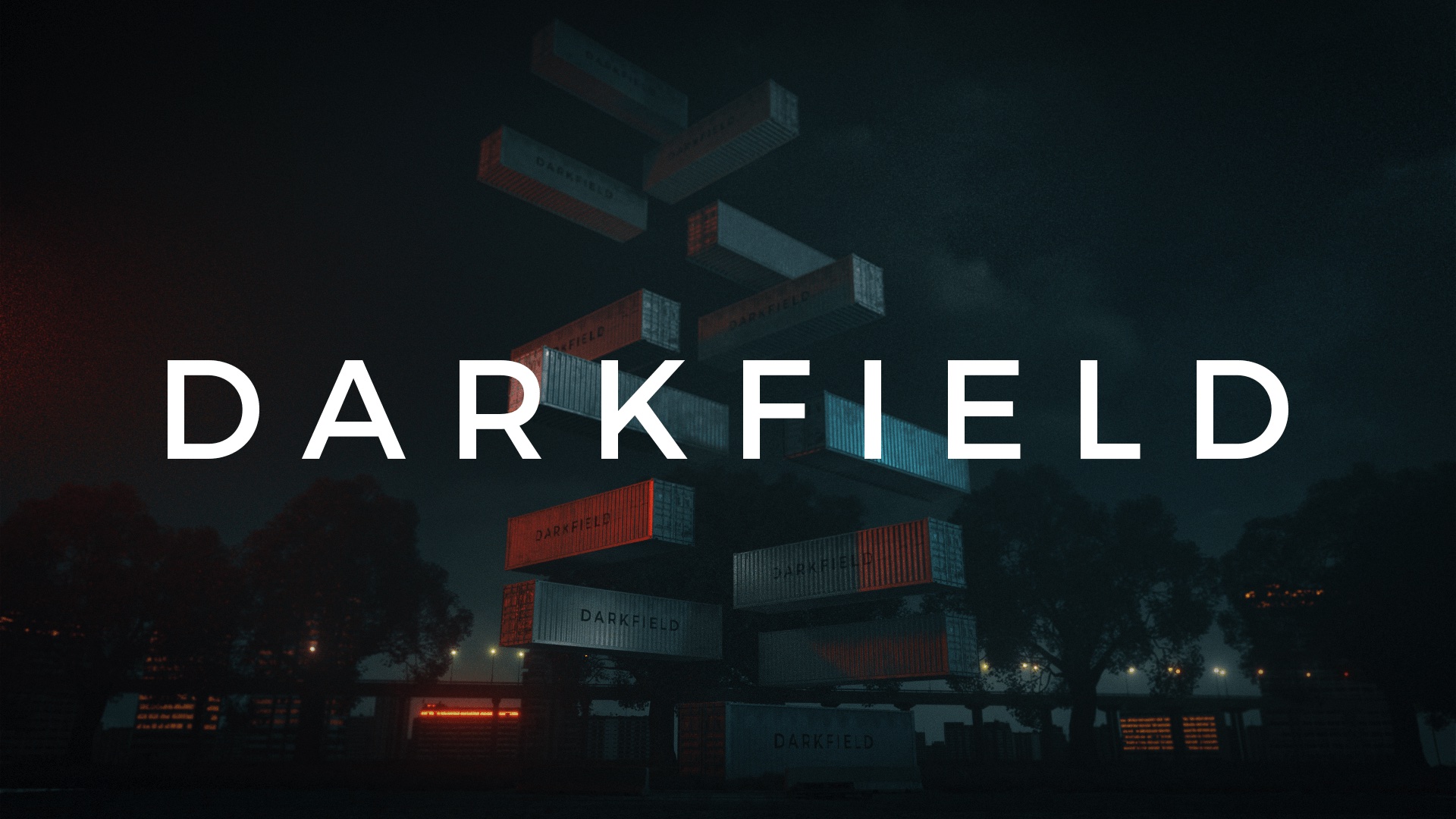Darkfield is a powerful example of the evolution of London’s immersive sector. REMIX recently interviewed two of the Co-Founders, David Rosenberg and Glen Neath who are serial creative entrepreneurs in the UK, and as we find out Darkfield was not their first rodeo but is built on a myriad of experiences that came before.
David was a member of a creative collective that founded Shunt (which Glen was also involved in later on). Shunt helped pioneer site-specific performance which was what immersive experiences were known back in those days and were hugely influential in kicking off the immersive movement which is now sweeping the world. One of their projects was the Shunt Vaults, a series of cavernous spaces underneath London Bridge station that were part performance space, part nightclub. They have since been transformed as part of a multi-million dollar redevelopment of the station which forced the closure of Shunt Vaults. The format was extremely entrepreneurial where the team operated one of London’s largest and most edgy hospitality venues that helped underwrite the immersive performances and experiences that were hugely popular with the patrons.
Time Out agreed and described it as follows: “A maze of vaults underneath London Bridge station is the unlikely home of one of the city’s coolest and dampest fringe venues. Officially a members club (non-members have to queue for entry) shunt offers a weekly line-up of Live art, theatre, music and pretty much any avant-garde event they happen to devise. Boundary bending is an understatement here as shunt goes out of its way to make sure every night is unique. Expect themed club nights to morph flamboyantly into performance events and interactive theatre shows (often led by the in-house shunt collective) subjecting you to a sensory overload.” Perhaps the irony of its demise is that given the challenges facing the retail and hospitality sectors which have supplanted Shunt Vaults the answer may have been sitting there all along.
Shunt does not get the credit it deserves as a pioneer in the immersive space. Perhaps this is because they disbanded and others in the scene went onto huge success such as the likes of Punchdrunk, Secret Cinema and more latterly organisations such as Meow Wolf and TeamLab who have further mainstreamed immersive experiences. As The Guardian put it “along with Shunt, Punchdrunk led the charge for a wave of immersive, experiential theatre that aims to erase the fourth wall as much as possible.”
David and Glen drew on these previous experiences when they founded Darkfield. However, this time they have focused on the power of audio to tell incredible immersive stories. Over 250,000 people have bought tickets to step into the strange worlds of Darkfield which unfold behind the doors of shipping containers that they have deposited all around the globe. Once the audience steps inside these anonymous spaces they might find themselves on a commercial airliner, at a séance or in a bed that could be in a hospital or maybe an asylum. You are asked to put on a set of headphones and from there you enter an immersive audio adventure which utilises binaural 360-degree sound, complete darkness and a variety of sensory effects, where you are situated at the centre of intense, evolving narratives.
During Covid, Darkfield rapidly pivoted and came up with a new way for audiences to engage with their work. Unable to deliver in-person public experiences they created Darkfield Radio which is an app based immersive audio experiences to audiences at home that provided an innovative new form of entertainment directly responding to the new age we are living in. Darkfield Radio immerses audiences in strange and curious worlds, bringing new meaning to the familiar spaces we inhabit.
The first season of shows launched in July 2020 to critical acclaim, featuring in major film festivals such as Venice International Film Festival, Raindance Film Festival, Tribeca Film Festival, and winning Columbia’s Digital Storytelling Lab’s Breakthrough Award in recognition of the year’s most innovative narrative. Season 2 was recently released. The events take place in public spaces and at home in areas which fit the requirements of the different Darkfield experiences where they take in a new role. Darkfield Radio was described by The Guardian as “unsettling audio that turns your home into a sci-fi dystopia.”

Shows can be experienced by a single person or more than one. Interestingly they were released as timed experiences rather than downloads to help ensure people immersed themselves in the moment, similar to a live performance knowing they could not leave it and go back to it at a later stage as with a downloaded experience.
The team recognised the value that technology Darkfield experiences are built on an App interface called Wiretapper that David is also a Co-Founder of which delivers immersive audio-based shows directly to you via your Android or iPhone.
Darkfield’s latest endeavour, Deadhouse is a collaboration with the BBC and is a horror themed trilogy of immersive binaural experiences. They are designed for a single listener, lying down, with their eyes closed wearing headphones. As the BBC describes it, “the listener becomes the subject while the binaural sound surrounds and creeps towards them. Their familiar environments slip away, to be replaced by other, less comfortable, worlds that feel unnervingly real.”
To hear more about the origins and evolution of Darkfield then check out our interview with the founders on REMIX’s See Things Differently Podcast.
